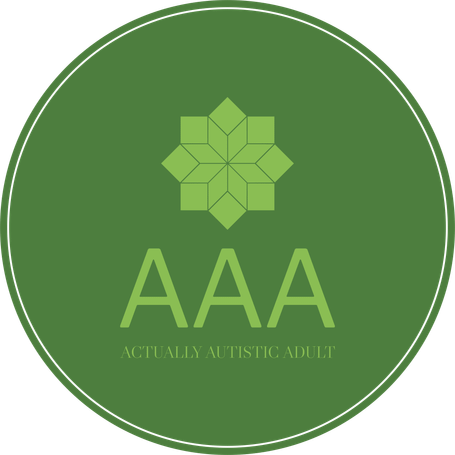Objectivity vs. Subjectivity
Written in August 2023
One of the main things that sets the autistic neurotype apart from the allistic and/or predominant neurotype is the way we think about the world around us. Of course we can see this in a lot of different ways with a lot of different examples, but I think a large part of it boils down to objectivity versus subjectivity. I think this is the crux of why we, and our viewpoints, are misunderstood by the rest of the world and vice versa.
Autistic people seem to have more objectivity in the way they think, I know I certainly do. When I discuss (almost) any situation or any action with a non-autistic person we come at it from completely different angles. Take litter picking as an example. I have gone out a couple of times and litter picked the routes I walk round. I have done it because it is objectively the correct thing for me to do. Nobody else is doing it, it needs doing, and I can do it, so therefore I will do it.
The reactions of others have generally been “why on earth would you do that?” or “I wouldn't do that” with a few “good on you for doing it”s thrown in for good measure. But overwhelmingly it seems like the reactions of others come from a place of subjectivity, from how they would feel about performing the action and not about whether that is the objectively right thing to do, the course of action with the best outcome overall.
This objective stance has led me to put other people and their needs first many times through my life and I know it's seen as people-pleasing. I even call it people-pleasing because that's a term people know and it describes the outward appearance of the behaviour, but it's not so much about making other people happy, as it is about doing the right thing.
If someone needs a listening ear, or a food shop done, or whatever, and I am in a position to do it then I will do it. Even if that means de-prioritising my needs when objectively speaking they are not as great as the immediate need of others. But that's what it comes down to, the objective view of greater need.
I think allistic people think subjectively by default, and find it hard to accept the viewpoints and needs of others because they don't align with theirs. They don't understand the motivations and reasons that autistic (or objective thinkers) have. They can't easily look from an angle that isn't directly through the lens of their own emotions, needs and experiences, so they find it hard to understand others and especially hard to understand people who don't think like them in any way.
I see it in the “taking sides” social game that people play whenever there is a slight disagreement, a big falling out or a break-up; literally any event of any magnitude can effect this game. People will back up their friend even when their friend is objectively in the wrong. The subjective loyalty overrides the objective truth.
It's evident in politics too, people will side with the party or side of the left/right binary that speaks to them even when objectively (sometimes even subjectively) speaking they do not agree with the policies or aims of that group.
This, I think, is one of the roots of the double empathy problem. I'm taking a different viewpoint where I posit that it's the subjectivity of allistic people that causes the issue, not the communication style of autistic people. I think it's also the root of the huge societal divides that we see more and more, which are driving our communities apart. Politicians exploit the workings of the dominant neurotype for their own gain, and everyone's loss.
We need your consent to load the translations
We use a third-party service to translate the website content that may collect data about your activity. Please review the details in the privacy policy and accept the service to view the translations.
